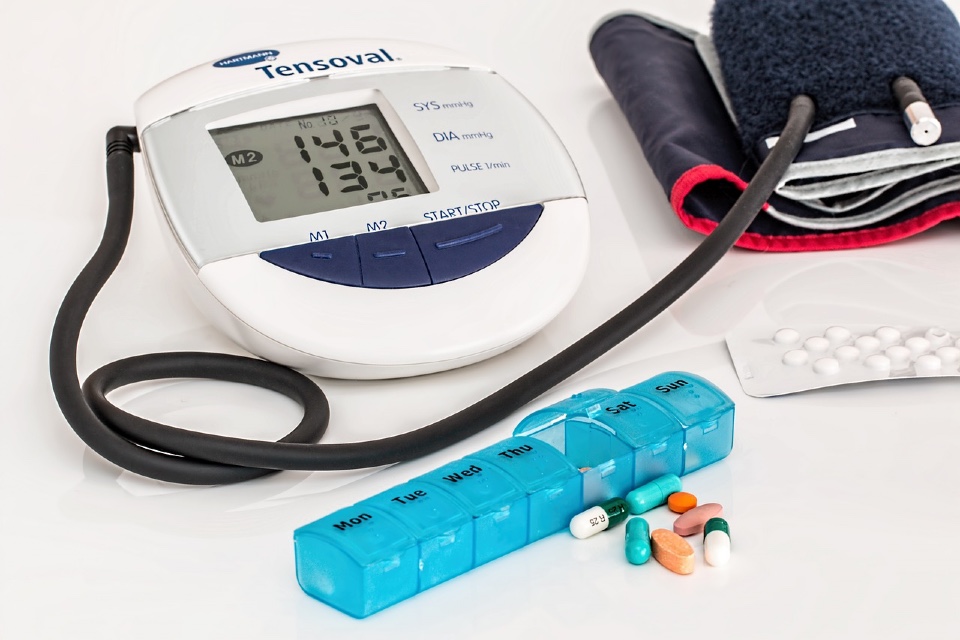The Movember Foundation has undoubtedly boosted awareness of men’s health issues, bringing attention to potentially serious conditions like prostate and testicular cancer, and encouraging more men to visit their GP if they have concerns.
But November isn’t the only month in which men should be aware of changes in their bodies.
According to research, men have a tendency to visit their doctors less than women. Aside from the usual excuses, a fear of embarrassment is often a factor, especially with issues such as prostate and testicular health.
Although it may seem trivial, where prostate and testicular cancers are concerned, putting off seeing a GP could pose serious risks to a patient’s health.
Prostate cancer has become the most common cancer affecting men in the UK – about 330,000 men in the UK are living with prostate cancer, 47,000 are diagnosed with the disease each year and over 10,000 die because of it every year, according to Prostate Cancer UK.
Symptoms of prostate cancer include:
- Needing to go to the toilet often, especially at night
- Difficulty passing urine and having a weak flow
- Finding you take longer to finish, or feeling your bladder isn’t quite empty.
However, it’s important to note that a bladder condition, kidney problems and even diabetes can cause some of the same symptoms.
Sadly, there is no national screening programme for prostate cancer in the UK. However, thanks in part to Movember – which has been running in the UK since 2003 – more men have become aware of the dangers of prostate cancer and are choosing to be screened, via a GP examination of the prostate gland, or a urine test.
Plus, according to NHS Guidelines (The Prostate Risk Management Programme) any man in the UK aged 50 and over can request a prostate check at their GP’s surgery, even if you don’t have any symptoms.
Testicular cancer is another male cancer which should be checked for regularly, and just like other cancers, it can be easier to treat if detected early.
With regular self-examination, a patient is more likely to notice if anything changes or feels unusual; therefore, it is best to make this part of a daily routine.
The best time to check your testicles is after a warm shower, as this is when the skin is most relaxed, by following the below guide:
- Rest your testicles in the palms of your hands and compare one testicle with the other for equal heaviness. A lot of men have one testicle which is larger than the other, or one that hangs lower than the other, so don’t worry if this is the case.
- Place your fingers behind the scrotum and gently roll your testicle between your thumb and fingers.
- You are looking out for any hard lump or swelling – or any particular changes in shape. Make sure you check each testicle individually.
- A normal testicle is oval shaped and feels firm, but not hard.
- Most cases of testicular cancer start with a painless lump in the testicle; though sometimes there can be pain or discomfort or a heavy feeling in the scrotum. Make sure you consult your GP as soon as possible if you experience any of these sensations, or if you find a lump.
If you experience any of the above symptoms for prostate or testicular, make an appointment with your GP this November.
Sharon Lidstone is head of Clinical Services at AXA PPP healthcare. She is part of a team of 34 qualified nurses with a variety of backgrounds and specialisms. Along with her team, she offers guidance and support, particularly to patients who are going through a cancer diagnosis, spinal surgery, or rehabilitation.







